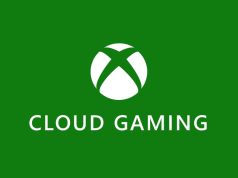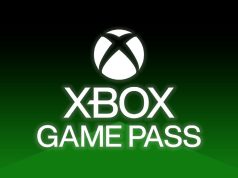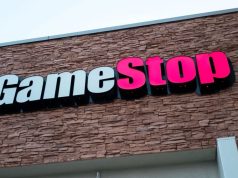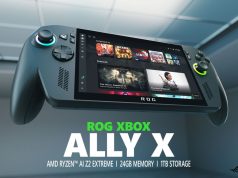Next-Generation Horizon
According to reporting by Windows Central, Xbox’s upcoming hardware has moved beyond early design pitches and received full approval. The internal budgeting and planning are said to be finished, indicating Microsoft is serious about continuing its console lineup for years to come. There’s no clear timeline for when these plans will be revealed to the public, but it’s clear the company isn’t giving up on traditional hardware.
Shifting Hardware Priorities
Xbox hardware sales have been on a decline, with minimal marketing and fewer promotions over major shopping periods. Despite that, Microsoft’s overarching strategy now involves putting first-party titles on multiple platforms. By selling games on PlayStation and Windows PC, they tap into broader markets, potentially offsetting sluggish console demand. Still, Microsoft appears determined to maintain an Xbox hardware presence, believing it’s key for brand identity and a segment of the fan base that prefers console gaming.
Driving PC Integration
Windows Central notes that a pressing challenge for Microsoft is persuading developers to engage with the Microsoft Store on PC. Steam currently dominates as the go-to storefront, and many third-party developers ignore Xbox’s own digital market for PC. A stronger integration plan between console and PC gaming—where user experience and developer support go hand-in-hand—could boost Microsoft’s ecosystem. It will require technical updates, better revenue sharing, or more compelling user features.
Future Outlook
The path forward involves striking the right balance: continue offering physical hardware for traditional console users while ensuring the broader Xbox ecosystem can thrive on PC, cloud platforms, and even rival consoles. By courting more users and developers across every possible format, Xbox aims to stay relevant. For those eagerly awaiting official details, Xbox’s new hardware has moved past conceptual stages, making the next few years pivotal for Microsoft’s console strategy.









